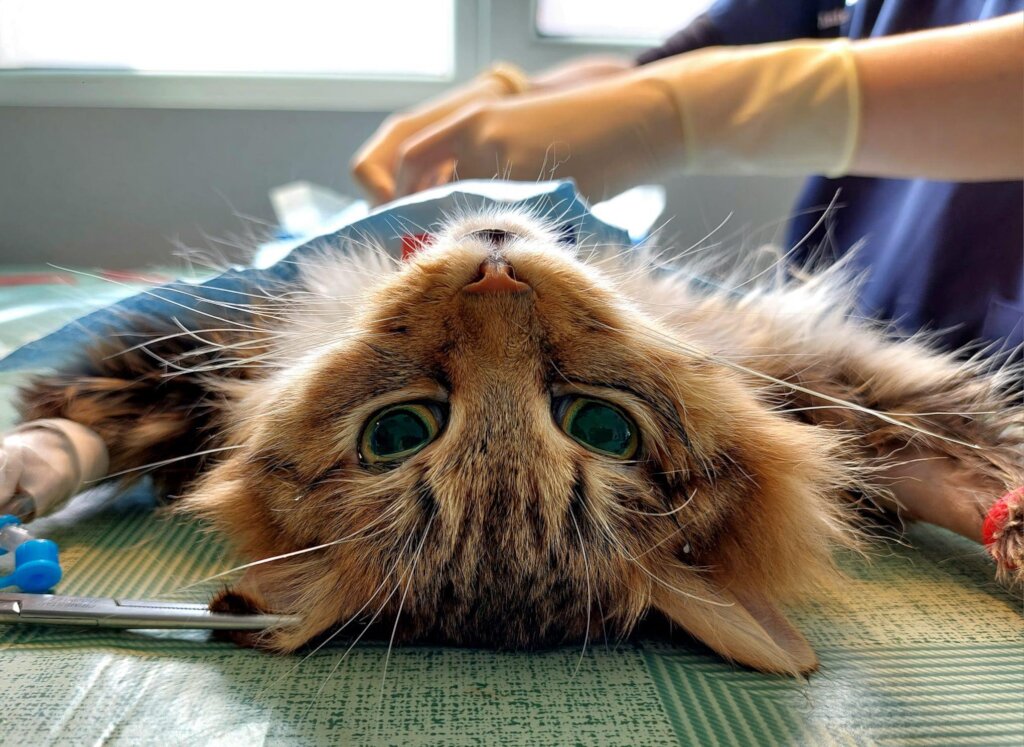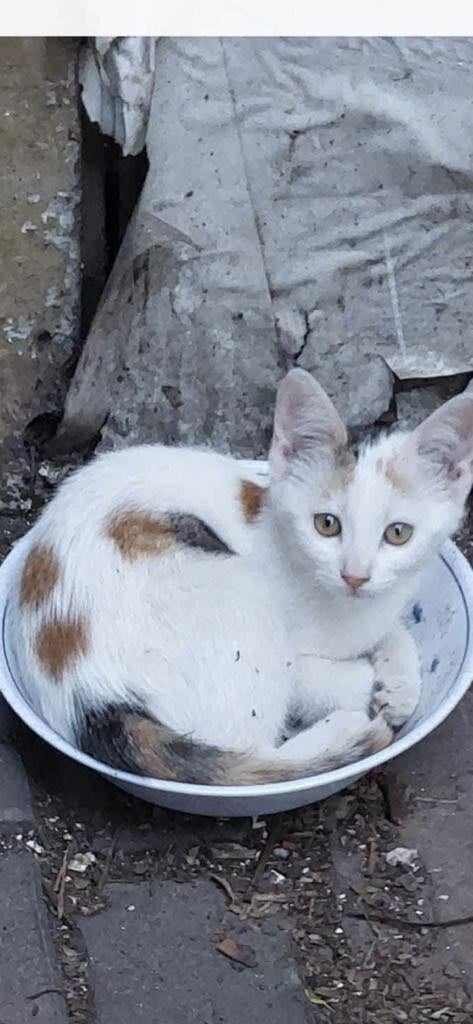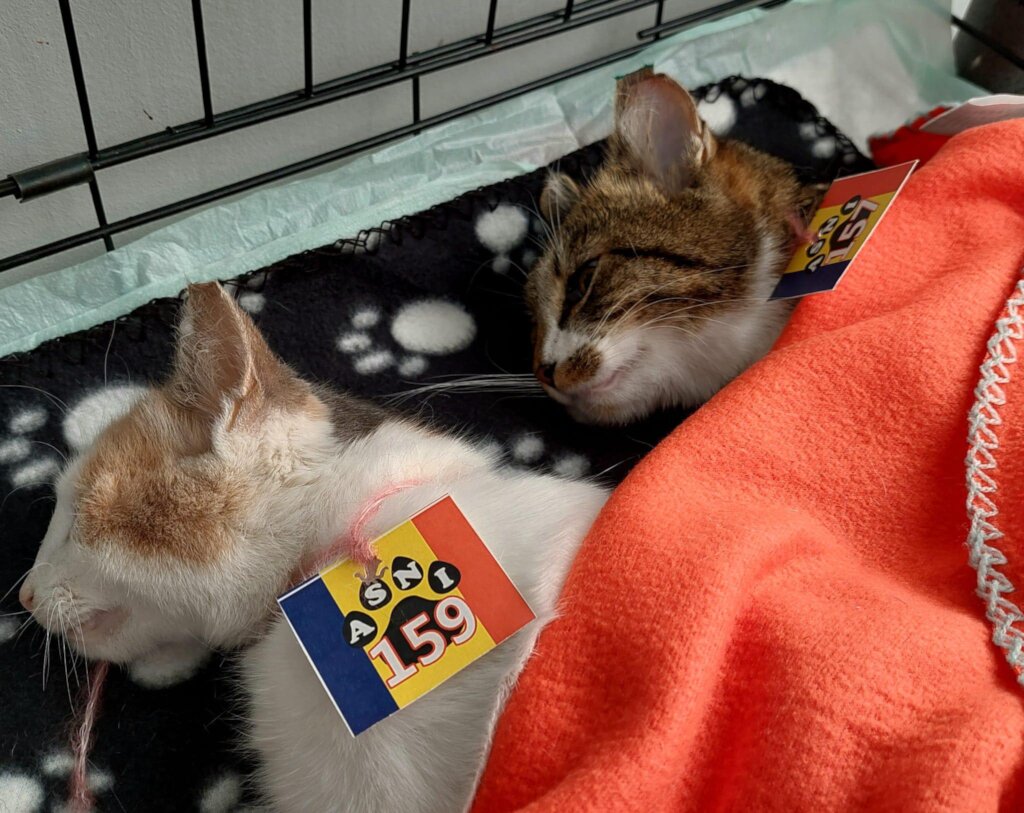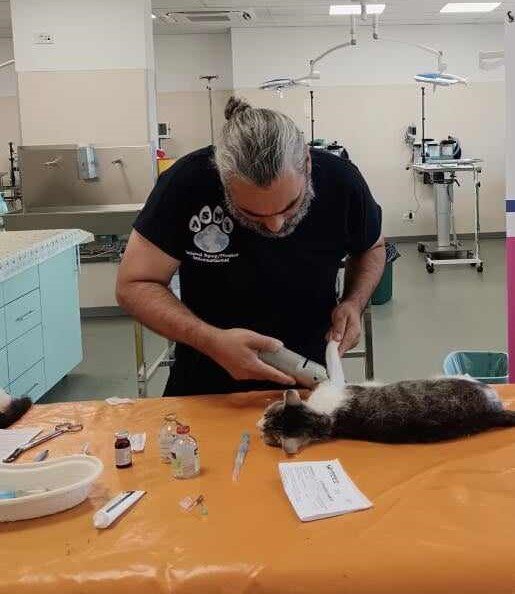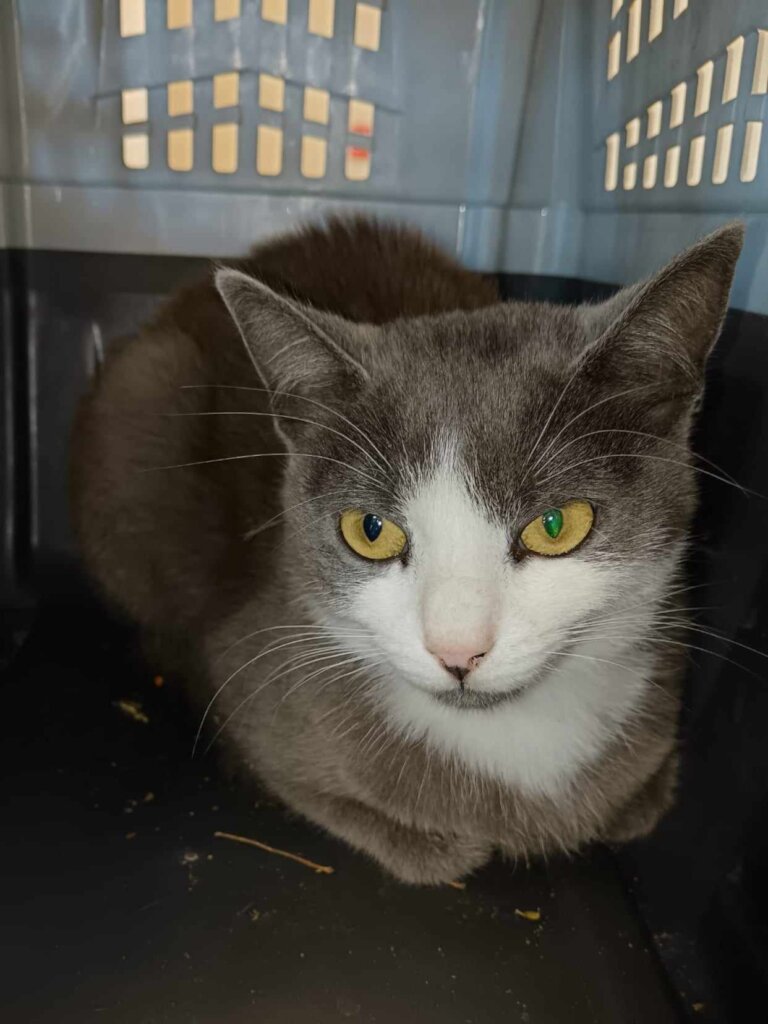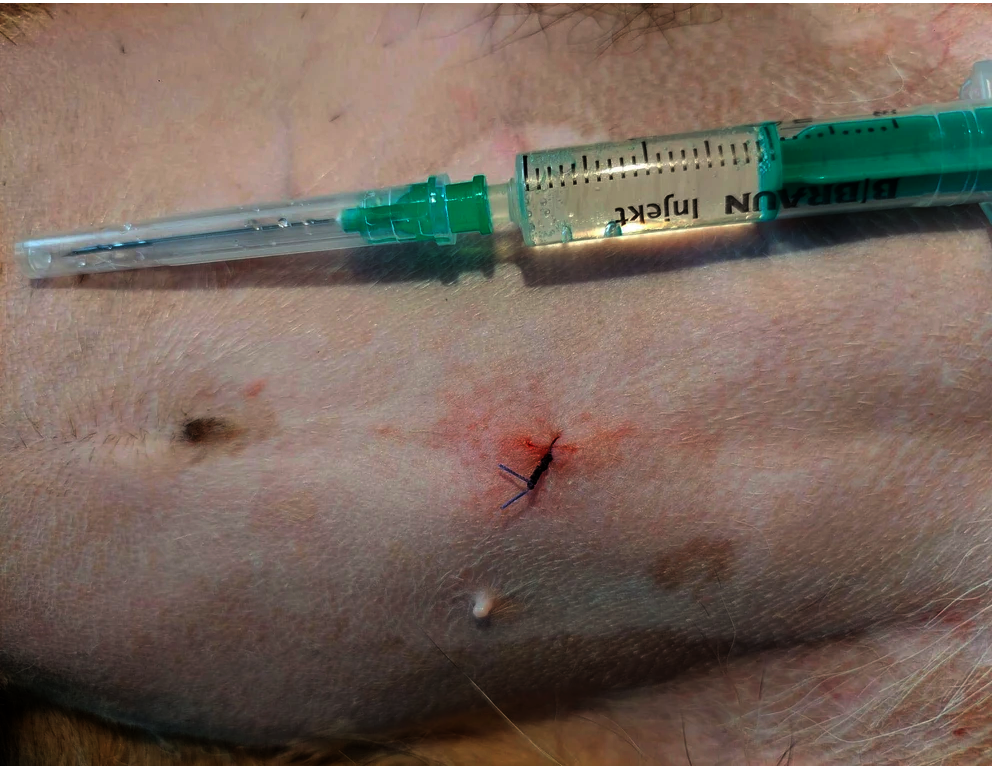By Mandy Joy Easter | Project Leader
ASNI operates on both cats and dogs; cats have special needs in comparison as they are more vulnerable due to their size under anaesthesia. A cat’s normal core temperature is 38.3 - 39.2 Celsius (101 – 102.5 in Fahrenheit) A low temperature can set in rapidly on the operating table, anything below 36.6 is considered Hypothermic. So, it is essential after surgery to monitor a cat’s temperature and act accordingly. ASNI now has a new Mistral Air Plus 11 Air Warming System. This provides blankets that have hot air blown into them to keep cats and small dogs warm.
The Veterinary Surgeons will use the hook spay method again to provide minimally invasive surgery. Pre-meds given to cats will be administered in their carriers before surgery calmly and quickly without the need for “scruffing” or crush cages to do so. Cats take longer than dogs to wake up after surgery and can take up to two hours so often an anaesthetic reversal is needed to maintain their core temperature. Cats are more prone to vomiting during recovery also, due to difficulty in maintaining nil-by-mouth prior to surgical procedures. So careful monitoring is essential. Once awake it is also important to put the cat into a carrier as soon as possible as the effects of the anaesthesia can affect them behaviourally.
All these actions help maintain homeostasis in a cat throughout the surgical procedure.
Links:
Project reports on GlobalGiving are posted directly to globalgiving.org by Project Leaders as they are completed, generally every 3-4 months. To protect the integrity of these documents, GlobalGiving does not alter them; therefore you may find some language or formatting issues.
If you donate to this project or have donated to this project, you can receive an email when this project posts a report. You can also subscribe for reports without donating.
Support this important cause by creating a personalized fundraising page.
Start a Fundraiser